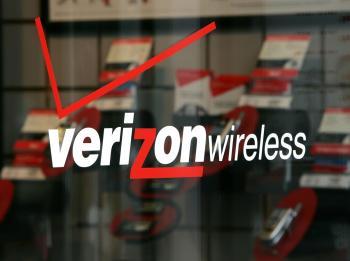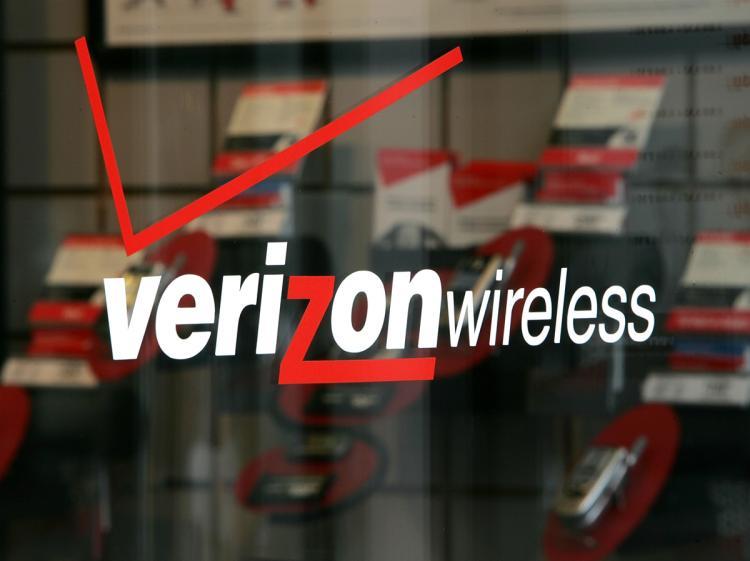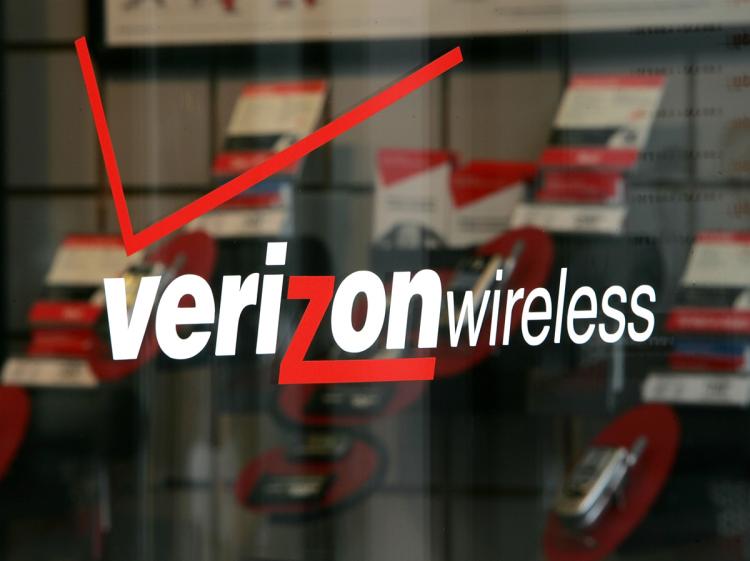The latest J.D. Power & Associates study found that as the number of smartphone users continues to grow, call quality has declined among all major U.S. carriers.
The semi-annual study uses data on dropped calls, carrier performance, and connectivity to estimate overall call quality. J.D. Power found that as carriers continue to upgrade their networks to support more mobile phone users, call quality has declined.
The survey found that smartphone customers are three times as likely to experience dropped calls than users of traditional mobile phones.
“As carriers continue to upgrade network infrastructure, expand coverage areas and improve data speeds, smartphone usage will continue to test network capacity,” said Kirk Parsons, senior director at J.D. Power and Associates, in a statement.
But upgrading networks to support new phone technology should be commonplace in the industry, and the carrier that can best pull that off without disrupting service will gain customers.
“Smartphones will continue to stress wireless networks with higher data usage for texting, e-mailing and Web surfing, so it is crucial for wireless carriers to enhance existing network speed and capacity, as well as to develop and upgrade to next-generation technologies,” he added.
T-Mobile is currently rolling out its 3G network nationwide, while AT&T Wireless and Verizon Wireless are planning and testing their 4G networks. Sprint, the first U.S. carrier to introduce WiMax 4G to U.S. consumers, is currently working to expand its 4G coverage.
Verizon Shines in the Northeast
Verizon Wireless, a joint-venture of Verizon Communications Inc. and U.K.’s Vodafone PLC, came in as the top-rated wireless carrier in the Northeast and Mid-Atlantic regions, the 11th year in a row the carrier has achieved the J.D. Power award.
Verizon also came in first in the Southwest region.
“It is important for us to not only meet the current needs of our customers, but to also stay ahead of their growing and ever-changing demand,” said Brendan Fallis, President of Verizon Wireless’ Kansas/Missouri region in a company statement.
Adding Skype
Last week, Verizon said that it would allow Skype’s Internet phone application on some of its smartphones, signaling a change of tune in its longstanding stance against competing technologies.
In a joint news conference in Barcelona last week, the companies said that customers would be allowed to download such software onto nine phones sold by Verizon, including the popular Motorola Droid and certain BlackBerry models.
Verizon hopes that Skype will attract more of its customers to move toward smartphones and sign up for monthly wireless data plans, which are more lucrative than traditional voice packages.






